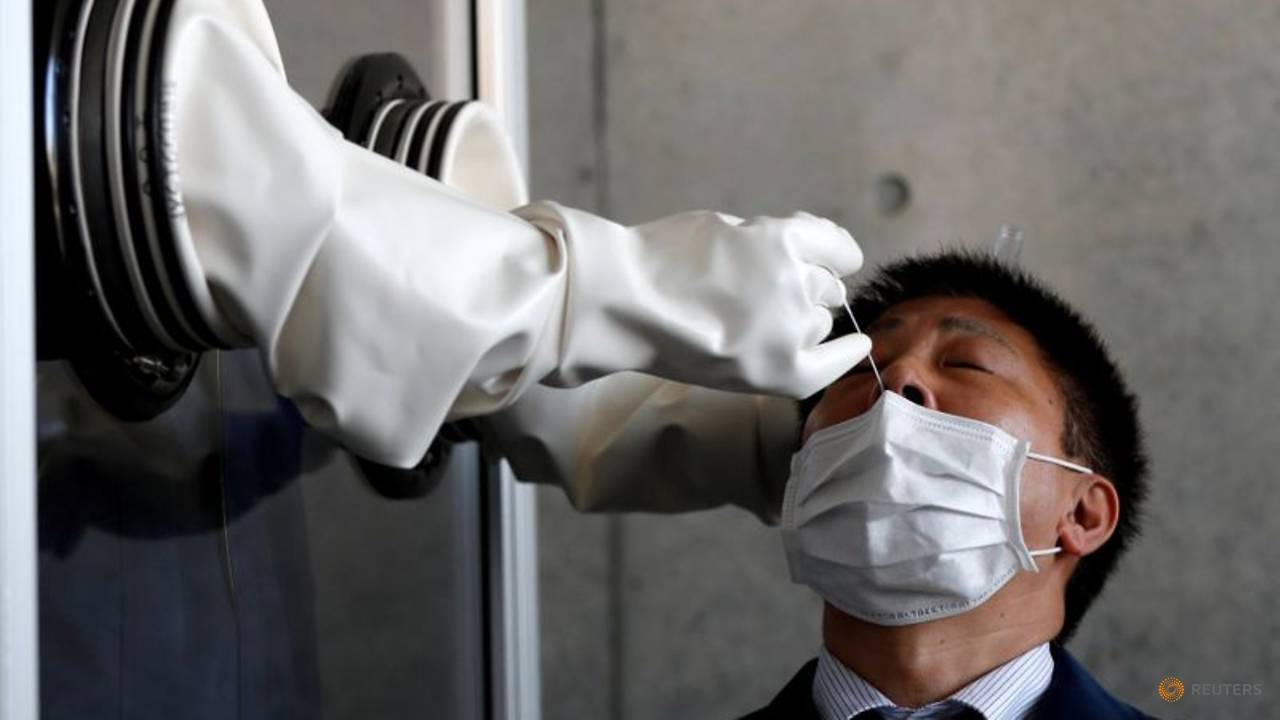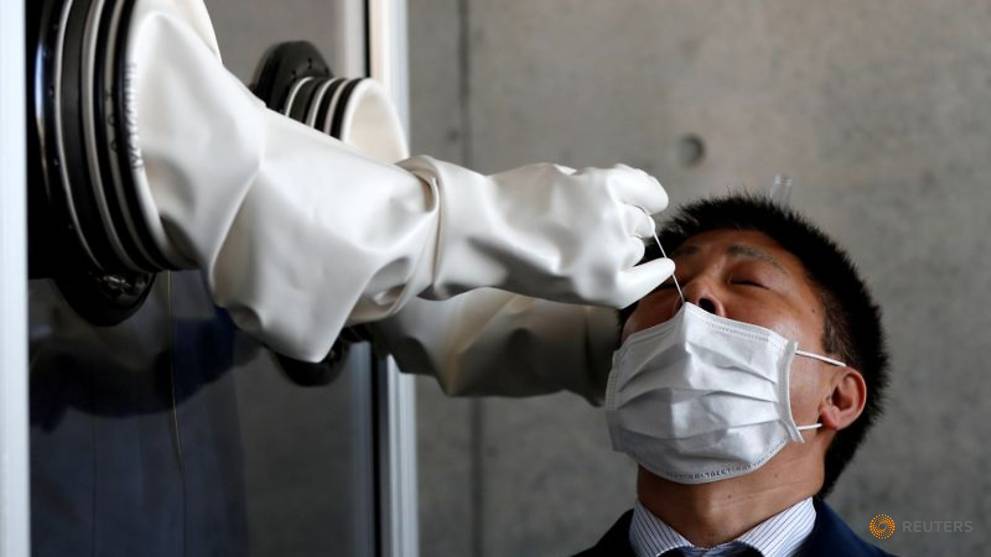
Japan’s tripling of COVID-19 tests unlikely to improve fight, experts say
TOKYO: Japan's plan to more than triple its coronavirus testing is unlikely to improve its figh..

TOKYO: Japan's plan to more than triple its coronavirus testing is unlikely to improve its fight against the outbreak without an overhaul in the test approval process, which has kept daily coronavirus-testing well below capacity, experts say.
Prime Minister Shinzo Abe, who announced his resignation on Friday (Aug 28) due to health reasons, said on the same day the government would increase testing capacity to 200,000 a day.
Advertisement
Advertisement
But a highly bureaucratic approval process means Japan has one of the lowest testing regimes among major economies, carrying out about 14 tests per 1,000 people, compared with 36 in South Korea and 246 in the United States.
Patients wanting to be tested must go through telephone consultations, demonstrate they have symptoms or show they have been in touch with an infected person. Health ministry authorities must then approve the test and have in some cases refused to authorise them.
READ: Japan looks to AI as COVID-19 challenges 'go-and-see' quality control mantra
The policy focus should be on speeding up the turnaround time of testing, tracing contacts and empowering medical professionals, said Fumie Sakamoto, the infection control manager at St Luke's International Hospital in Tokyo.
Advertisement
Advertisement
"Tests should be performed based on medical judgment and not on patients' requests," Sakamoto said.
Abe's pledge would mark a sharp rise from Japan's current capacity of about 52,000 polymerase chain reaction (PCR) tests and 8,000 antigen tests a day.
But actual PCR testing has been less than half the capacity over the past month, averaging 20,000 per day.
"Rather than 200,000 tests a day, I think it's more important that each municipality has a system that allows doctors to perform the tests they consider necessary," said Koji Wada, professor of public health at the International University of Health and Welfare in Tokyo.
READ: Global coronavirus cases surpass 25 million
Early in the crisis, World Health Organization Director General Tedros Adhanom Ghebreyesus urged cRead More – Source

